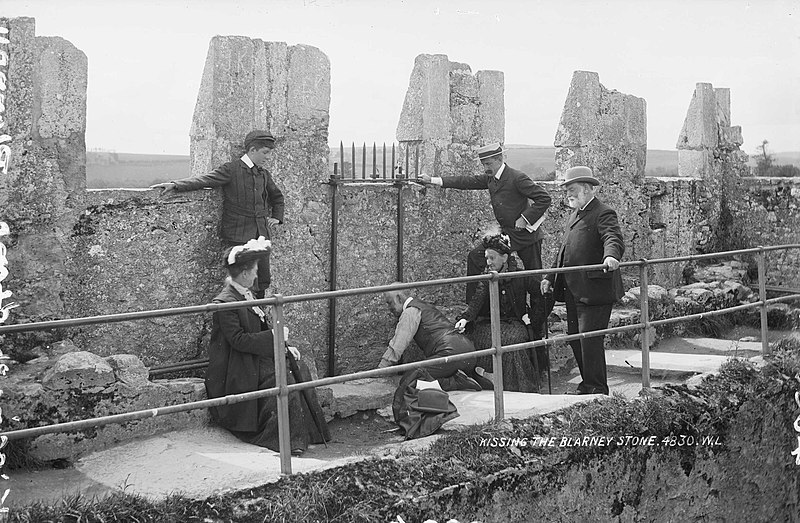
I've always, for some whimsical reason, liked to imagine hedge funds as rustic financial institutions based at the edge of fields. Etymologically I am, of course, right. And it's all down to the poet
John Donne.
Once upon a time there were hedges. Bushy things at the end of your garden and the like. Then came the verb
to hedge, which meant
to enclose within a hedge. So you could, for example, hedge in your garden.
Then, in the early seventeenth century John Donne promised a chap called Sir Henry Goodere that he would send him a letter in verse. He didn't get round to it, and to make matters worse Goodere wrote him one, which meant that Donne really owed him. Or, as Donne put it in an
apologetic letter:
I owed you a Letter in verse before by mine own promise, and now that you think that you have hedged in that debt by a greater by your Letter in verse, I think it now most seasonable and fashionable for me to break.
That's the first recorded usage of the phrase
hedge in meaning
to secure a bad debt by making it part of a larger one for which better security has been obtained. Although this was the first common financial use of hedging.
From that sense of making your debts safe, came the idea of hedging in your bets by betting on more than one horse which pops up in 1672. From there you get the idea of finding two near-identical things at different prices, buying the cheaper and shorting the dearer. And thus the hedge fund.
None of which has anything to do with the old slang term of
hedge-whore, which denoted a kind of wandering prostitute, not attached to any brothel, who therefore bestowed her favours "on the wayside, under a hedge".
Someday, I'm going to write a poem in a letter.



















